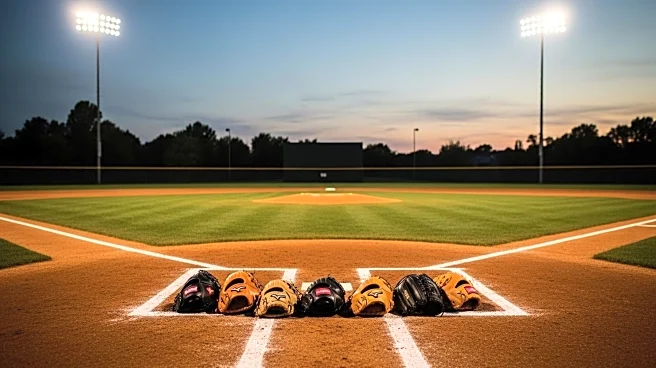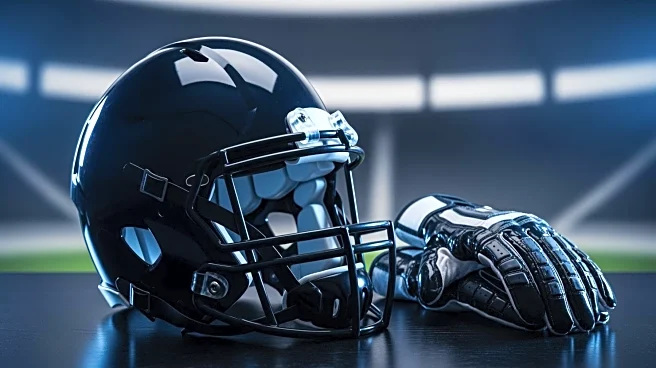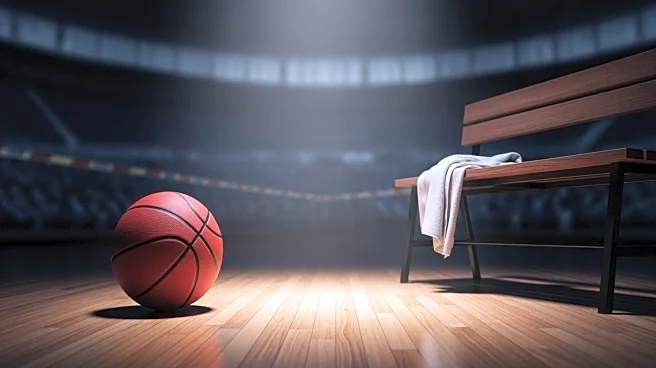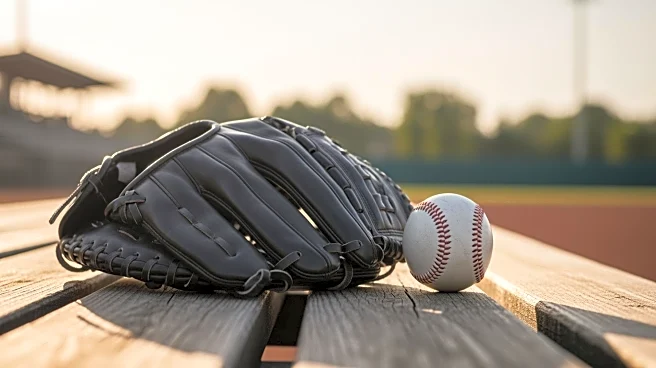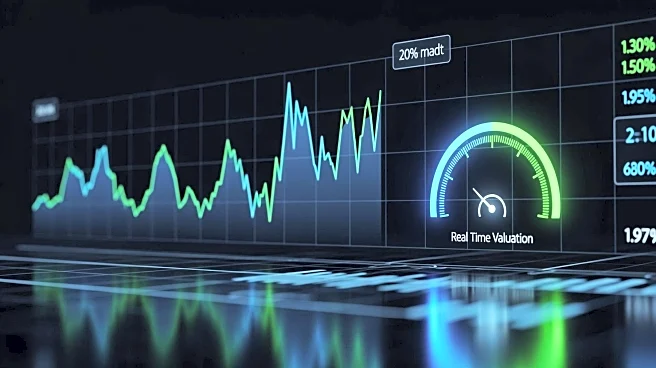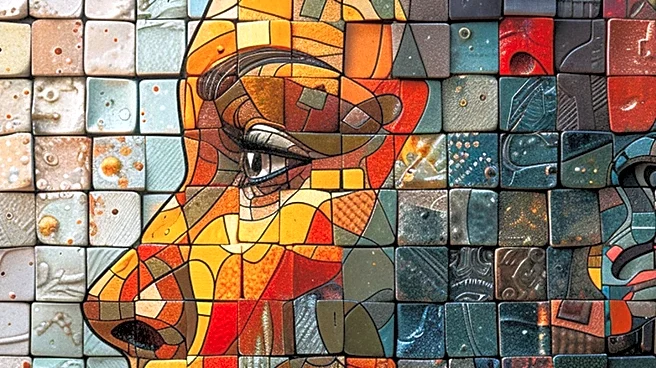What's Happening?
The Women's Professional Baseball League (WPBL) is gearing up for its inaugural season, set to begin in May 2026. The league aims to make a significant impact on women's baseball, reminiscent of the All-American Girls Professional Baseball League from the mid-20th century. Mo'ne Davis, a notable figure in sports, is among the hundreds of women who participated in tryouts held in Washington, D.C. The league plans to feature six teams, each playing an eight-game regular season, with additional all-star contests and playoffs. Players will be selected through a draft in October, following evaluations of prospects during the recent tryouts. Games will be held at neutral sites, likely including Hartford, Connecticut, and Manchester, New Hampshire.
Why It's Important?
The establishment of the WPBL represents a significant advancement for women's sports, particularly baseball, which has historically been male-dominated. This league provides a platform for female athletes to showcase their talents in a professional setting, potentially inspiring future generations of women in sports. The involvement of Mo'ne Davis, a well-known athlete, brings attention and credibility to the league, which could attract more fans and sponsors. The WPBL's partnership with Fremantle, a major production company, suggests that the league will have substantial media coverage, further increasing its visibility and impact.
What's Next?
The next steps for the WPBL include finalizing team rosters through the October draft and preparing for the season's start in May 2026. The league will focus on marketing and building fan engagement to ensure a successful launch. Stakeholders, including players, sponsors, and media partners, will likely work together to promote the league and its games. The success of the WPBL could lead to expansion and increased opportunities for women in baseball, potentially influencing other sports to follow suit.
Beyond the Headlines
The creation of the WPBL may have broader cultural implications, challenging traditional gender roles in sports and promoting gender equality. It could also spark discussions about the representation of women in professional sports and the need for more inclusive opportunities. The league's success might encourage other sports organizations to invest in women's leagues, contributing to a shift in how female athletes are perceived and supported.
